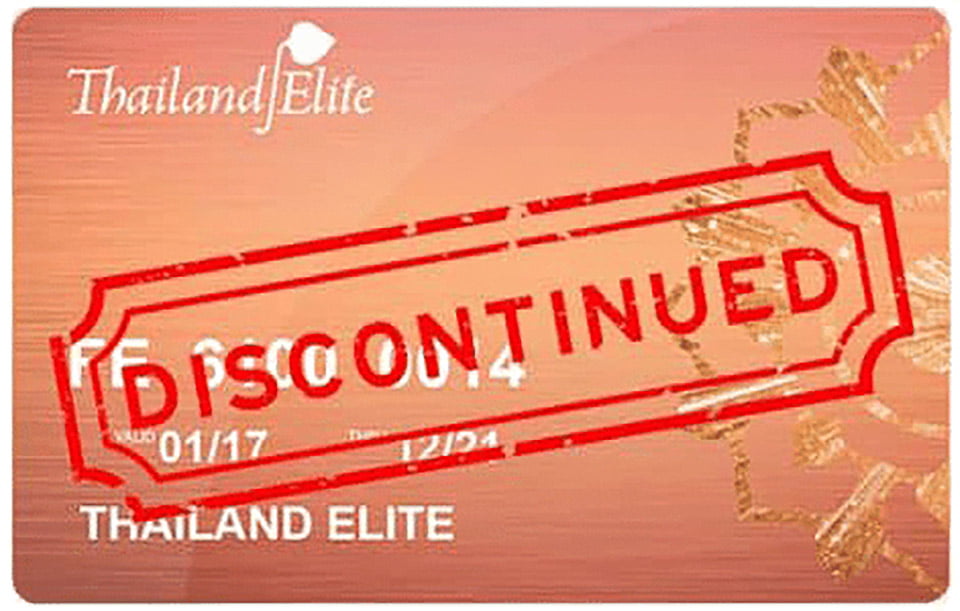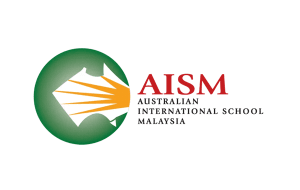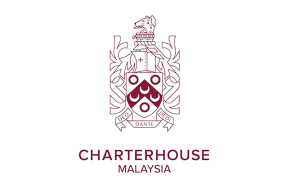Big changes lie ahead for the Thai Elite visa. Following “careful consideration with stakeholders”, all programs will be discontinued to be replaced by totally new options from October this year. Those hoping to qualify under the current rules will need to submit their applications by September 15, whilst those already with 5-year Elite visas have until August 15 to extend to up to 20 years under the former regulations.
The Thailand Privilege Card Company, which hosts Elite, has not yet published the future criteria, but there have been strong hints. Firstly, the prices will rise substantially, perhaps 900,000 baht for five years (instead of the current 600,000) and five million baht for 20 years (instead of one million plus). In return, members will likely receive privileges rather like airmiles – the more you spend and the more frequently you visit Thailand the happier you will be with the perks. Those with the “el cheapo” five year Elite visas will likely not be delighted.
But Thailand will have to be careful not to price itself out of the worldwide expat market. It already offers a competitor visa, the ten year Long Term Residence run by the Board of Investment, which has not been a rip-roaring success to date with virtually no hard data published. Golden visas, however defined, need a lot of perks to compete internationally and no Thai proposal currently offers residence or a second passport, unlike the Indonesian and Cambodian equivalents. Certainly, bonuses such as fast-track airport services, freedom from the 90 days report and discounts at leisure facilities are unlikely to be enough if Elite enrolment fees rise steeply.
The real point about Elite visas is that what counted as a “rich foreigner” in 2003 at inception is very different from perceptions today. 20 years ago, the flat fee was 500,000 baht and enrollers were told they were indeed someone special. The numbers of subscribers remained in the 2 or 3 thousand range until the Covid pandemic illustrated to the international community, Chinese in particular, the benefits of being able to move easily between countries. Today there are around 30,000 Elite members, all classes, with more than one third being Chinese nationals. The rebranding of Elite is doubtless linked to China and Asia rather than to Europe or the USA.
Many on social media believe that the forthcoming rebranding of Elite is a bluff and little more than an attempt to boost new applications before the September 15 cut-off date. This scenario is unlikely. Thailand’s whole immigration system is clearly under review with the deputy national police chief recently predicting that annual, easy-coasting retirement visas – either a modest 800,000 baht cash in the bank or use of agents – will soon come to a shuddering halt. Separately, those with a dubious record in their visa history – for example absentee education students or voluntary work visas – are finding it difficult to obtain extensions or transfer to alternative permissions, including Elite.
Another imponderable concerns comprehensive medical insurance. Currently, the Elite visa (unlike Long Term Residence or “O/A” non-immigrant retirement) does not require cover. Nor does the annual extension of stay based on “O” retirement given by the immigration bureau. Already Cambodia has announced the establishment of a government working party to explore compulsory medical insurance for all foreigners who stay in the country beyond 30 days. Whilst it is true that Thailand’s visa structure for millions more foreigners is much more complex and certainly easier to circumvent, expats choosing Thailand from now on must be prepared for mega-change. Unwelcome as the prospect may be.
Source: Pattaya Mail https://www.pattayamail.com/latestnews/news/thailands-elite-visa-seeks-to-redefine-a-wealthy-tourist-437690





















